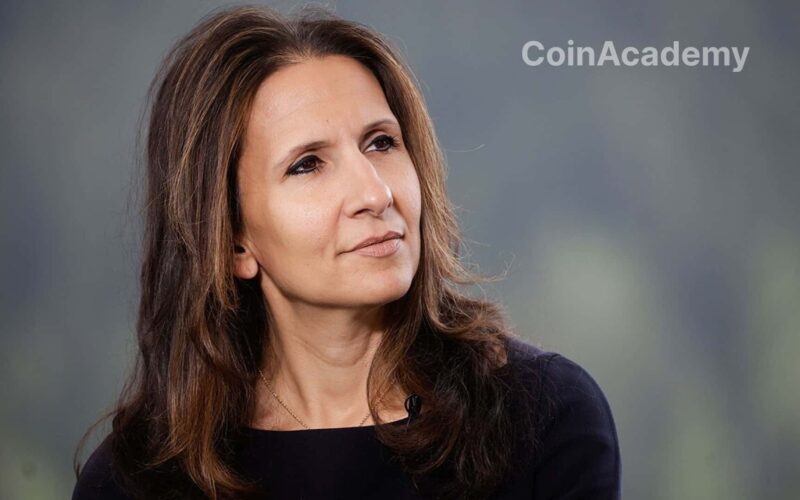Lynn Martin of NYSE Expresses Interest in Integrating Crypto with Conditions of Regulatory Clarity in the US
During the Consensus 2024 conference in Austin, Lynn Martin, President of the New York Stock Exchange (NYSE), expressed her interest in integrating crypto exchanges into NYSE services, highlighting that regulatory clarity in the United States remains a major obstacle.
She noted that if regulatory guidelines were more precise, it would represent a significant opportunity for the exchange.
Demand for Regulated Crypto Products on the Rise
Martin also observed that the listed Bitcoin Spot ETFs in the United States, which now accumulate $58 billion in assets, clearly illustrate the existence of demand for regulated crypto products.
This statement supports the idea that regulation can coexist with innovation in the crypto space, perhaps encouraging the SEC to adopt a more open approach to proposals such as Bitcoin ETFs, which have seen considerable success.
Political and Regulatory Perspectives on Crypto
Tom Farley, CEO of crypto exchange Bullish and Martin’s predecessor at NYSE, discussed recent political developments in the United States concerning cryptocurrencies, including the removal of the anti-crypto president from the Federal Deposit Insurance Corp. (FDIC), the passage of the Financial Innovation and Technology for the 21st Century Act (FIT21) in the House, and increased support from Donald Trump towards crypto.
Farley mentioned a rapid and significant shift in political attitude towards crypto, comparing this evolution to that observed in Europe and Hong Kong, and predicted continued regulatory progression in 2024 and 2025, regardless of the president’s identity.
Utilization of Blockchain Technology in Traditional Markets
Lynn Martin shared her optimism about utilizing blockchain technology to improve efficiency and transparency in financial processes, especially for less liquid assets such as municipal bonds.
However, Farley expressed reservations about the massive migration of traditional assets to digital asset rails due to regulators’ distrust of public blockchain infrastructure. According to him, regulators would likely prefer traditional finance firms to develop private blockchains rather than using existing blockchains for settlements.




